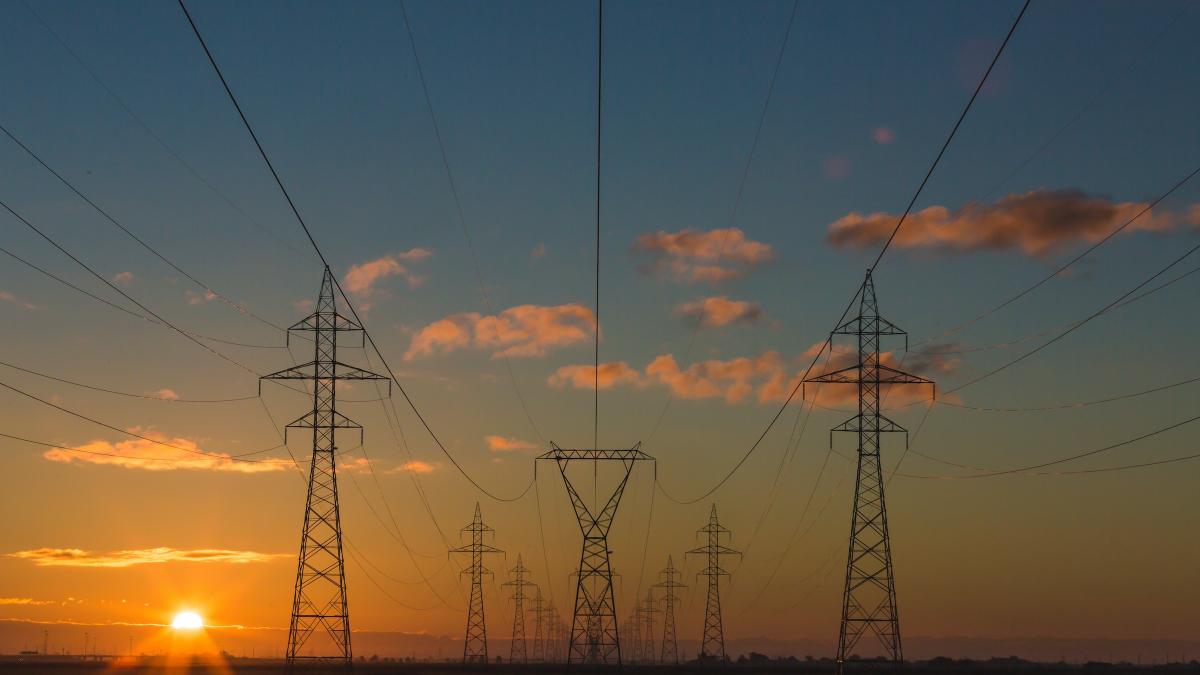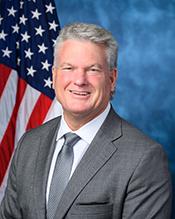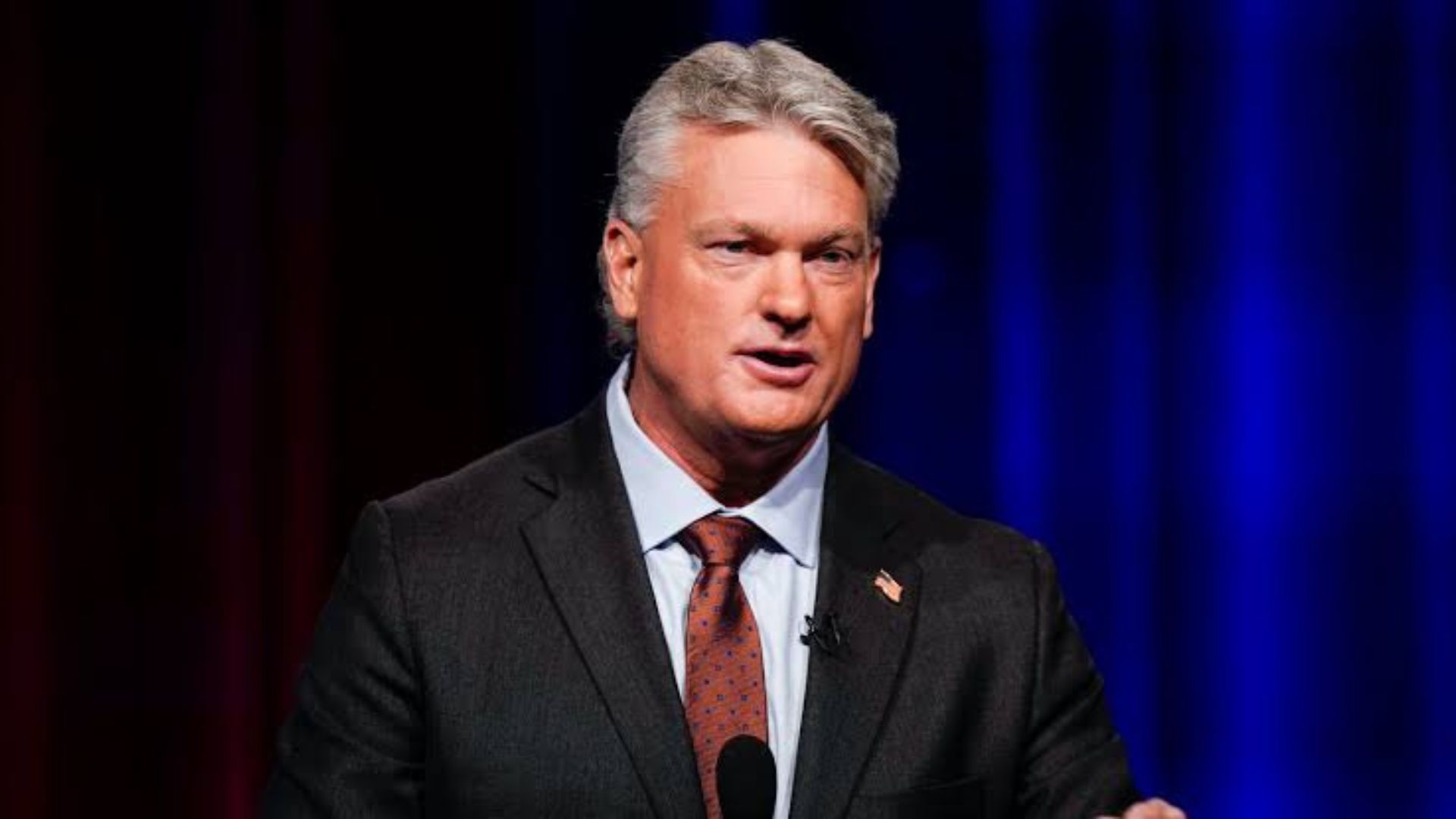Representing Georgia’s 10th Congressional District, Mike Collins has maintained a platform focused on several conservative priorities since his swearing-in as a member of Congress in 2023. His positions reflect his broader Republican alignment, focusing on economic reform, energy policy, and critiques of federal governance.
Economic and Energy Reform
Collins has been a staunch advocate for American energy independence, supporting measures such as the “Lower Energy Costs Act” (H.R. 1), which aims to streamline permitting for domestic energy projects and expand exploration opportunities. He has also criticized regulatory hurdles that slow down the progress in the energy sector and at a recent hearing, Collins stated, “American energy independence isn’t just good policy—it’s critical for our national security.”

Collins maintains a firm stance on reducing reliance on foreign energy sources and supporting economic growth through deregulation. This has earned him praise from industry stakeholders, though environmental groups remain critical of his emphasis on fossil fuels.
Collins also focuses on tackling inflation and supporting small businesses. Drawing from his own experience as a business owner, he pushes for policies that cut down on red tape and simplify taxation structures.
Criticism of Federal Governance
Collins has been vocal about the direction of federal policy which is directly in line with his party’s criticism of the current administration. He has publicly criticized Transportation Secretary Pete Buttigieg, asserting that the department’s priorities are misaligned with the real infrastructure needs of the country. This is part of a larger effort by Collins to question what he perceives as excessive federal influence in cultural and economic areas.

Views On National Security And Technology
As a member of the Science, Space, and Technology Committee, Collins has expressed concern about competition with global powers like China – particularly in the areas of artificial intelligence and supercomputing. He has supported legislation aimed at boosting U.S. capabilities in these areas, with the aim of maintaining national security and global competitiveness.
Controversial Statements and Public Perception
Collins has occasionally drawn criticism for comments perceived as inflammatory. For instance, his remarks on social protests and controversial tweets have sparked debate among his supporters and critics alike. These moments highlight his polarizing approach to public discourse, which some view as direct and others see as unnecessarily provocative.
Committee Assignments and Caucus Memberships
Collins holds seats on key committees, including Transportation and Infrastructure, and Science, Space, and Technology. His participation in these roles positions him to influence legislation on infrastructure modernization, rural broadband access, and innovation policy. Additionally, he is part of the Freedom Caucus, an influential conservative group within Congress, which underscores his alignment with hardline policy positions.
Broader Implications
Collins’s legislative focus on deregulation, energy independence, and fiscal conservatism closely aligns with key priorities of the Republican Party. However, his approach to cultural and social issues has contributed to the broader polarization in Congress. While his economic and energy policies are seen as practical, his outspoken stance on cultural issues has sparked both support and criticism.



